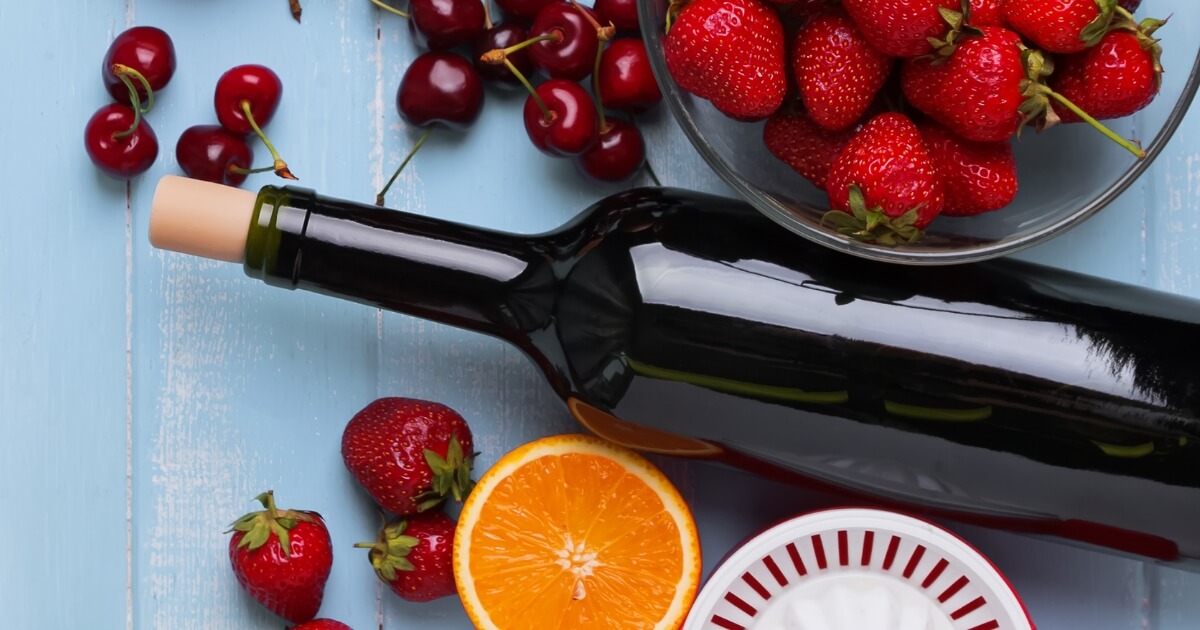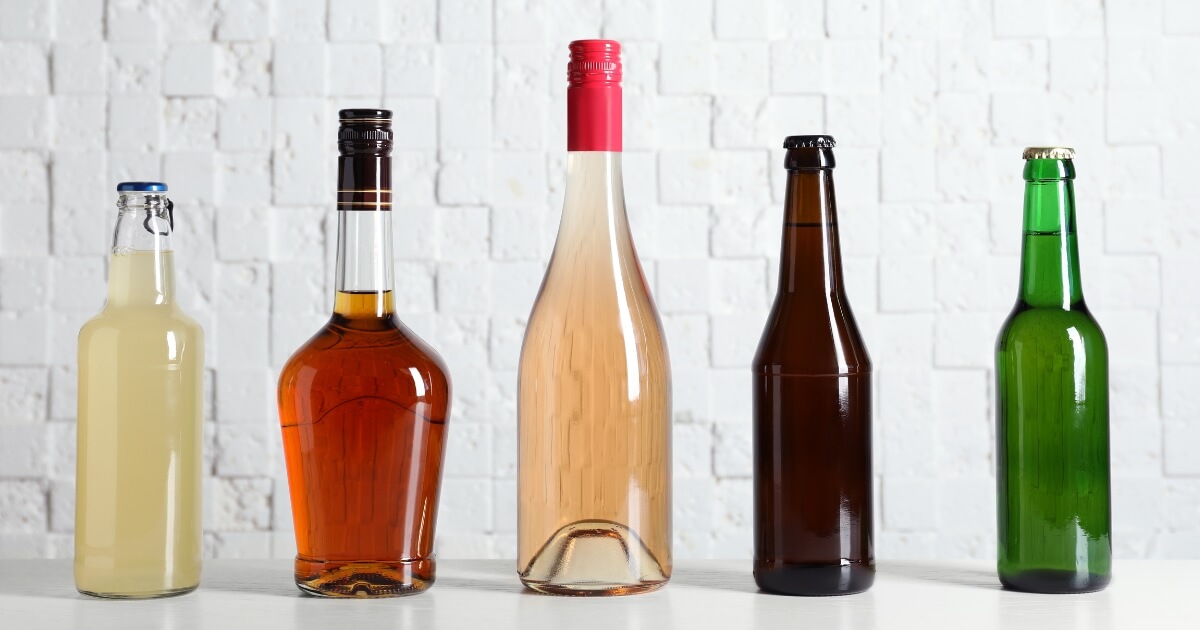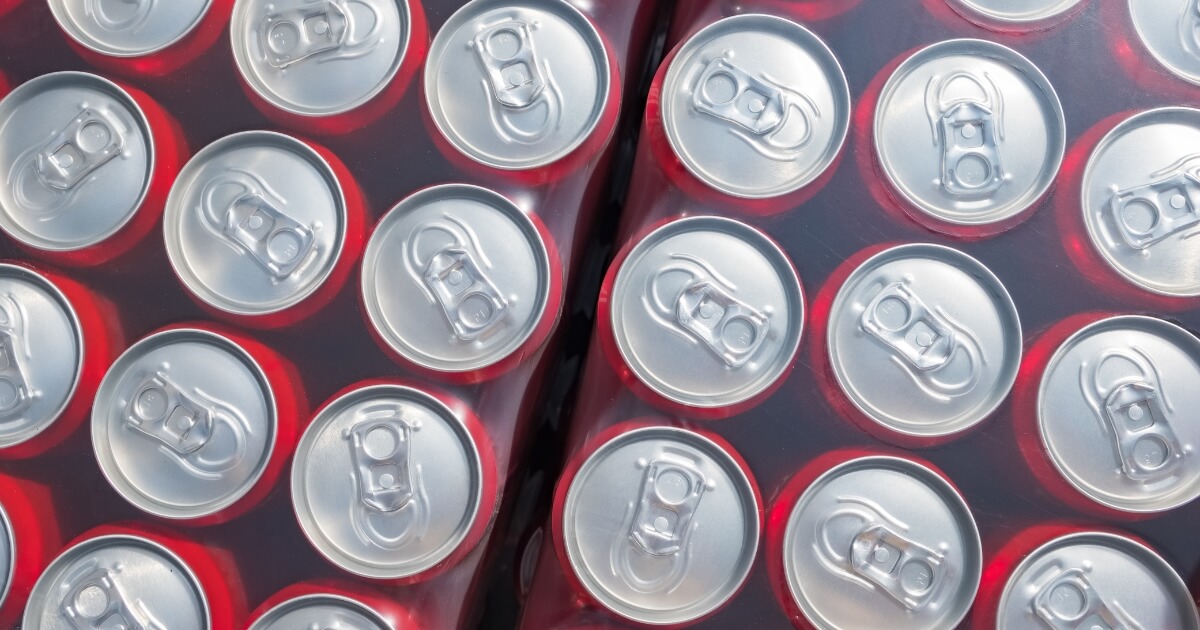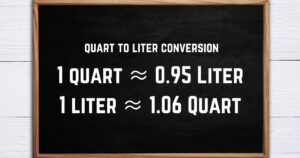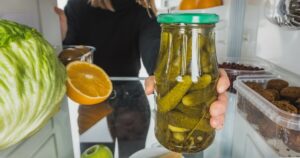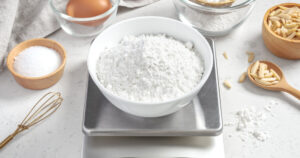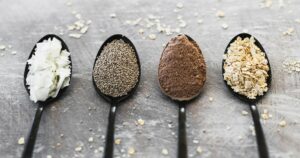Have you ever wondered about the shelf life of that bottle of wine sitting in your cellar or on your kitchen counter? Whether it’s a rich red or a zesty white, knowing how long it lasts is key. But how long does wine really last?
The truth is wine’s shelf life can vary a lot, and it’s not just about the date on the bottle. How it’s stored plays a big role, too.
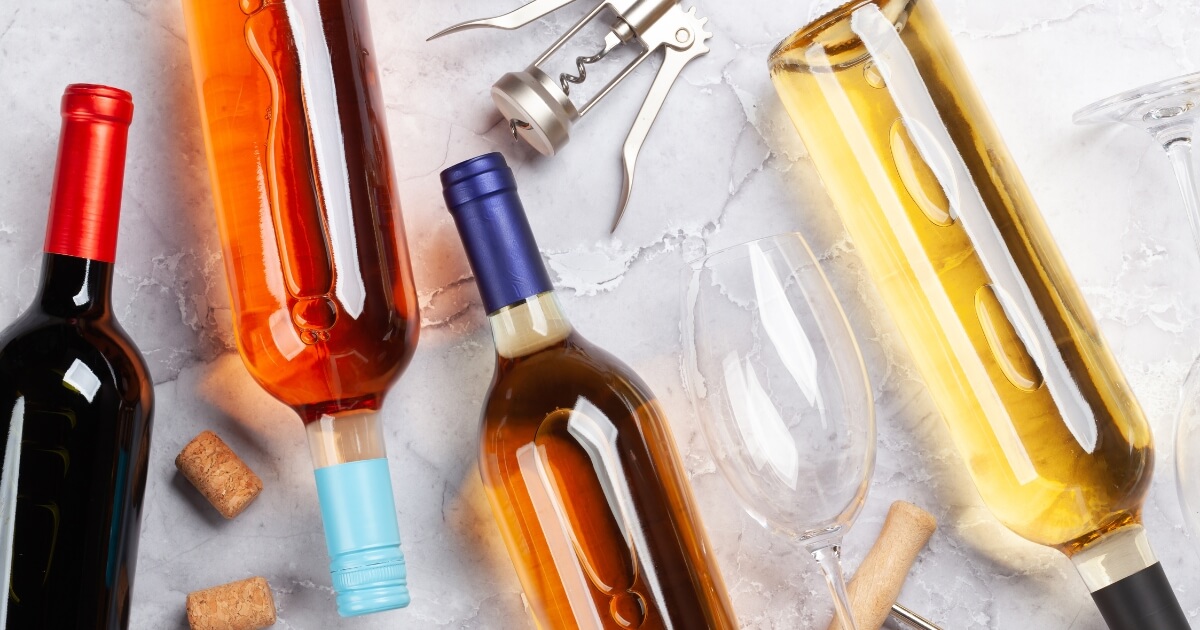
In this guide, we will break down everything you need to know about keeping your wine fresh and delicious, from the best storage tips to recognizing when to say goodbye to that old bottle. Here’s to ensuring your next glass is as delightful as possible!
How Long is Wine Good For?
The shelf life of wine varies quite a bit, influenced by what type of wine it is and how you store it. Let me break it down for you with the following chart:
| Type of Wine | Shelf Life (Unopened) | Shelf Life (Opened) |
|---|---|---|
| Red Wine | 2-3 years | 3-6 days |
| White Wine | 1-2 years | 3-7 days |
| Sparkling Wine | 1-2 years | 1-2 days |
| Dessert Wine | 10+ years | 3-7 days |
| Cooking Wine | 3-5 years | 1-2 months |
| Chardonnay | 2-3 years | 3-5 days |
| Sangria | Varied | 3 days |
| Boxed Wine | 1 year | 6-12 months |
| Fine Wine | Decades | 3-5 days |
| Port | 10+ years | 1-3 weeks |
Opened
After you’ve opened a bottle of wine, keeping it at its best becomes the main goal. Red wines’ robust character tends to stay intact for about 3-6 days. This is especially true when you re-cork the bottle and store it in a cool place.
On the other hand, white wines and rosés, known for their crisp and fresh flavors, usually maintain their best qualities for a slightly longer period, typically around 3-7 days, provided they’re also re-corked and stored properly.
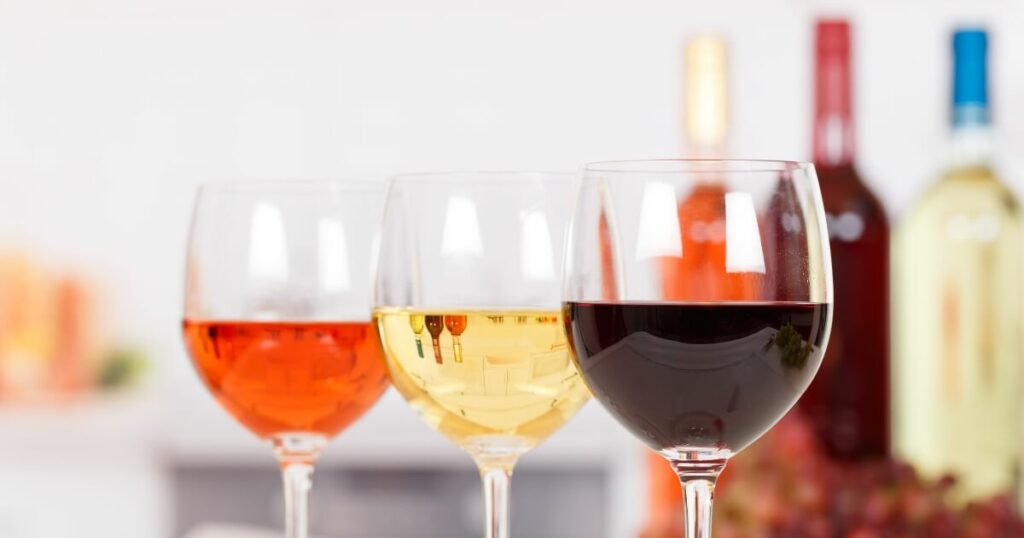
Sparkling wines, like Champagne, are a bit tricky. They’re best enjoyed within 1-2 days to keep their bubbly sparkle. I like to reseal them with a sparkling wine stopper and refrigerate them.
Dessert wines, or summer wines like Sangria, are a bit different. Their high sugar and alcohol content means they can keep well for about a week after you’ve opened them. This longer shelf life makes them pretty convenient if you’re not in a hurry to finish the bottle right away.
Cooking wines are the trusty sidekicks in the kitchen. Much like that go-to spice or herb, they stay useful for quite a while, up to 1-2 months after opening. This makes them great for adding a splash of flavor to dishes over several weeks.
Fine wines are like those memorable, once-in-a-lifetime experiences. They’re crafted to be exceptional and often improve with age. But once they are opened, their intricate flavors and aromas start to change rapidly. That’s why I always plan to enjoy these exquisite bottles within 3-5 days of uncorking them.
This short window is important to appreciate the depth and complexity that fine wines are celebrated for. It’s about capturing the essence of what makes them special before time starts to diminish their unique qualities.
Port is one of those wines that gets better with time, even after opening it. It’s a hearty, fortified wine that keeps its rich flavors around for about 1-3 weeks. I find it’s perfect for those evenings when you want to unwind slowly, enjoying a glass here and there without worrying about it losing its taste too fast.
Once opened, the key with all these wines is to minimize their exposure to air and changes in temperature to help preserve their flavors and extend their shelf life as much as possible.
Unopened
When it comes to common bottles of wine, like the ones you might pick up for dinner or a casual gathering, here’s a quick guide on their shelf life:
- Red Wines: Generally, they can last 2-3 years unopened. This includes popular varieties like Cabernet Sauvignon, Merlot, and Pinot Noir.
- White Wines and Rosés: These usually stay good for about 1-2 years. Think along the lines of Chardonnay, Sauvignon Blanc, or a nice Rosé.
- Sparkling Wines: Best enjoyed within 1-2 years to keep their festive fizz.
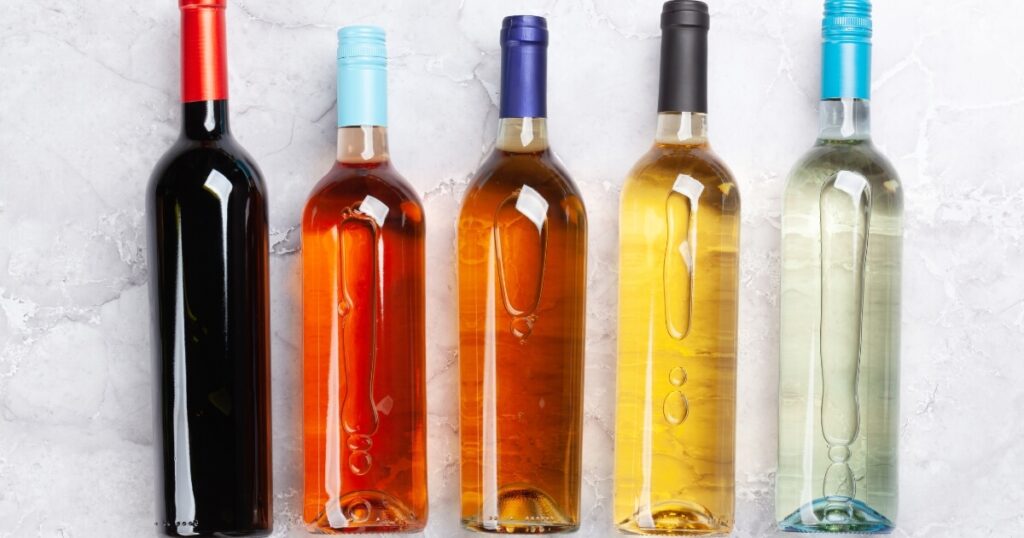
Most red, white, or sparkling bottles prefer a cool, dark spot, ideally in a wine cooler or cellar. Consistent temperature and limited light exposure are key. You want to keep them on their side, too, which helps the cork stay moist and maintain a tight seal.
Boxed wine is a different player. Its nifty packaging shields it from air and light, making it more forgiving. You can store it in a cool, dark place for up to a year.
But remember, unopened wine won’t last forever. However, when stored correctly, it can be a delightful experience waiting for just the right moment.
How To Tell If Your Wine Has Gone Bad
Figuring out if your wine has gone bad can often be done before you even uncork it. A loose or dislodged cork can be a telltale sign. But there are other ways to check:
- Visual Clues: Clear wine is a good sign. If it’s cloudy or has sediment, that’s a red flag. And if non-sparkling wine is fizzy, something’s off.
- Color Changes: Red wine turning brown or white wine developing a brown tint are indicators of spoilage.
- Sniff Test: Spoiled wine often smells like vinegar, with a sour, sharp odor. Other smells to watch out for include a musty or chemical scent.
- Taste Test: If you’re unsure, a small sip won’t harm you. A wine that’s gone bad will taste overly sour or vinegary and might lose its fruity essence or have a nutty flavor.
These tips should help you determine whether your wine is still good to drink or if it’s time to pour it out. Remember, trusting your senses is key here.
Tips For Storing Wine At Home
Storing wine at home often comes down to two choices for many: in the fridge or on the counter. But these methods aren’t always ideal for keeping your wine at its best.
If you love wine, getting a wine cooler could be a game-changer. It keeps your wine at a steady, ideal temperature, which is key for preserving its taste and quality. Think of it as giving your wine its comfy room, away from the harsh conditions of a regular fridge or a hot kitchen.
Wine racks are more than just decor. Laying your bottles horizontally keeps the corks moist and your wine sealed perfectly. This is especially important if you consider keeping a bottle for a special occasion.
And let’s not forget the magic of a good wine stopper or vacuum cap for your opened bottles. They’re like superheroes for wine, fighting off air and keeping your wine fresh for your next glass. Trust me, these little tools are worth every penny for any wine lover or casual drinker.

